CSP problems as algorithmic benchmarks: measures, methods and models
llistat de metadades
Autor/a
Director/a
Fernàndez Camon, César
Béjar Torres, Ramón
Fecha de defensa
2009-01-30
ISBN
9788469231852
Depósito Legal
L-758-2009
Departamento/Instituto
Universitat de Lleida. Departament d'Informàtica i Enginyeria Industrial
Resumen
On Computer Science research, traditionally, most efforts have been devoted to research hardness for the worst case of problems (proving NP completeness and comparing and reducing problems between them are the two most known). Artifcial Intelligence research, recently, has focused also on how some characteristics of concrete instances have dramatic effects on complexity and hardness while worst-case complexity remains the same. This has lead to focus research efforts on understanding which aspects and properties of problems or instances affect hardness, why very similar problems can require very diferent times to be solved. Research search based problems has been a substantial part of artificial intelligence research since its beginning. Big part of this research has been focused on developing faster and faster algorithms, better heuristics, new pruning techniques to solve ever harder problems. One aspect of this effort to create better solvers consists on benchmarking solver performance on selected problem sets, and, an, obviously, important part of that benchmarking is creating and defining new sets of hard problems. This two folded effort, on one hand to have at our disposal new problems, harder than previous ones, to test our solvers, and on the other hand, to obtain a deeper understanding on why such new problems are so hard, thus making easier to understand why some solvers outperform others, knowledge that can contribute towards designing and building better and faster algorithms and solvers. This work deals with designing better, that is harder and easy to generate, problems for CSP solvers, also usable for SAT solvers. In the first half of the work general concepts on hardness and CSP are introduced, including a complete description of the chosen problems for our study. This chosen problems are, Random Binary CSP Problems (BCSP), Quasi-group Completion Problems (QCP), Generalised Sudoku Problems (GSP), and a newly defined problem, Edge-Matching Puzzles (GEMP). Although BCSP and QCP are already well studied problems, that is not the case with GSP and GEMP. For GSP we will define new creation methods that ensure higher hardness than standard random methods. GEMP on the other hand is a newly formalised problem, we will define it, will provide also algorithms to build easily problems of tunable hardness and study its complexity and hardness. On the second part of the work we will propose and study new methods to increase the hardness of such problems. Providing both, algorithms to build harder problems and an in-depth study of the effect of such methods on hardness, specially on resolution time.
Palabras clave
CSP; SAT; problemes de satisfacció de restriccions; algorismes
Materias
004 - Informática
Área de conocimiento
Citación recomendada
Derechos
ADVERTIMENT. L'accés als continguts d'aquesta tesi doctoral i la seva utilització ha de respectar els drets de la persona autora. Pot ser utilitzada per a consulta o estudi personal, així com en activitats o materials d'investigació i docència en els termes establerts a l'art. 32 del Text Refós de la Llei de Propietat Intel·lectual (RDL 1/1996). Per altres utilitzacions es requereix l'autorització prèvia i expressa de la persona autora. En qualsevol cas, en la utilització dels seus continguts caldrà indicar de forma clara el nom i cognoms de la persona autora i el títol de la tesi doctoral. No s'autoritza la seva reproducció o altres formes d'explotació efectuades amb finalitats de lucre ni la seva comunicació pública des d'un lloc aliè al servei TDX. Tampoc s'autoritza la presentació del seu contingut en una finestra o marc aliè a TDX (framing). Aquesta reserva de drets afecta tant als continguts de la tesi com als seus resums i índexs.


